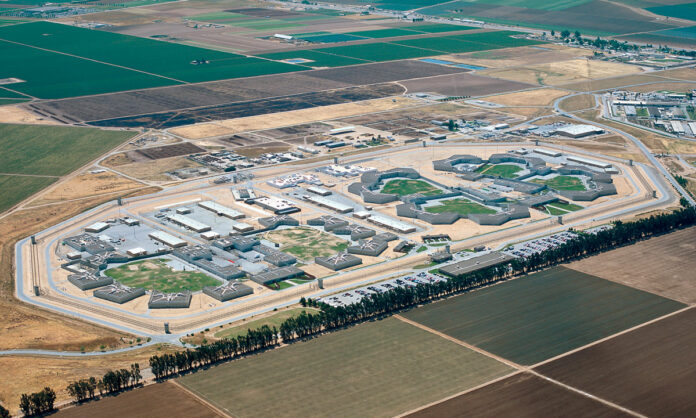State prison systems across the United States have begun allowing visitors for the first time since the pandemic started, presenting challenges for facilities that want to balance much-needed contact between inmates and their families with the need to limit the spread of COVID-19 in one of the nation’s hardest-hit populations.
California, Texas, Ohio, Michigan, Delaware and Louisiana have either resumed allowing visits in the past few days or plan to restart them in the next few weeks.
Even when most were closed to visitors, the nation’s correctional institutions suffered many major coronavirus outbreaks, with almost 660,000 cases and nearly 3,000 deaths in all, according to a New York Times database.
The facilities are preparing for the resumption of visits with extra safety protocols, including social distancing and temperature screenings. There will also probably be a good deal of awkwardness and long, silent gazes, prisoners, relatives and experts said.
Family visits keep prisoners “motivated, not to mention sane,” said Craig Haney, a psychology professor and expert on prison isolation at the University of California, Santa Cruz.
“There will be socially awkward interactions and even more than a little initial social anxiety,” Haney said about the resumption of visits. “And some relationships will have changed. Children are one year older, and have grown up without the limited face-to-face contact they were once afforded with their incarcerated parent. The relationships will have to be reestablished on a somewhat different footing.”
After California resumes allowing in-person visits on April 10, Michelle Tran plans to visit her husband, Thai Tran, at Avenal State Prison for the first time since March 8, 2020.
“I’m going to be there,” Tran said she told her husband. “I need to see that you’re still real — you know, I know that sounds crazy, to see you’re not virtual, you’re real. I need to see your face. And that’s what I need. I need to see my husband.”
Lamont Heard, 43, who is incarcerated at Lakeland Correctional Facility in Michigan, said he has struggled with his mental health because he hasn’t seen his family.
“I’m not evolving,” Heard wrote in an email. “Having the feelings of being ignored, rejected, left out and cut off. It makes me feel like I’m by myself, and I go into a deep depression. But a visit takes all of that away.”
Copyright 2021 The New York Times Company















